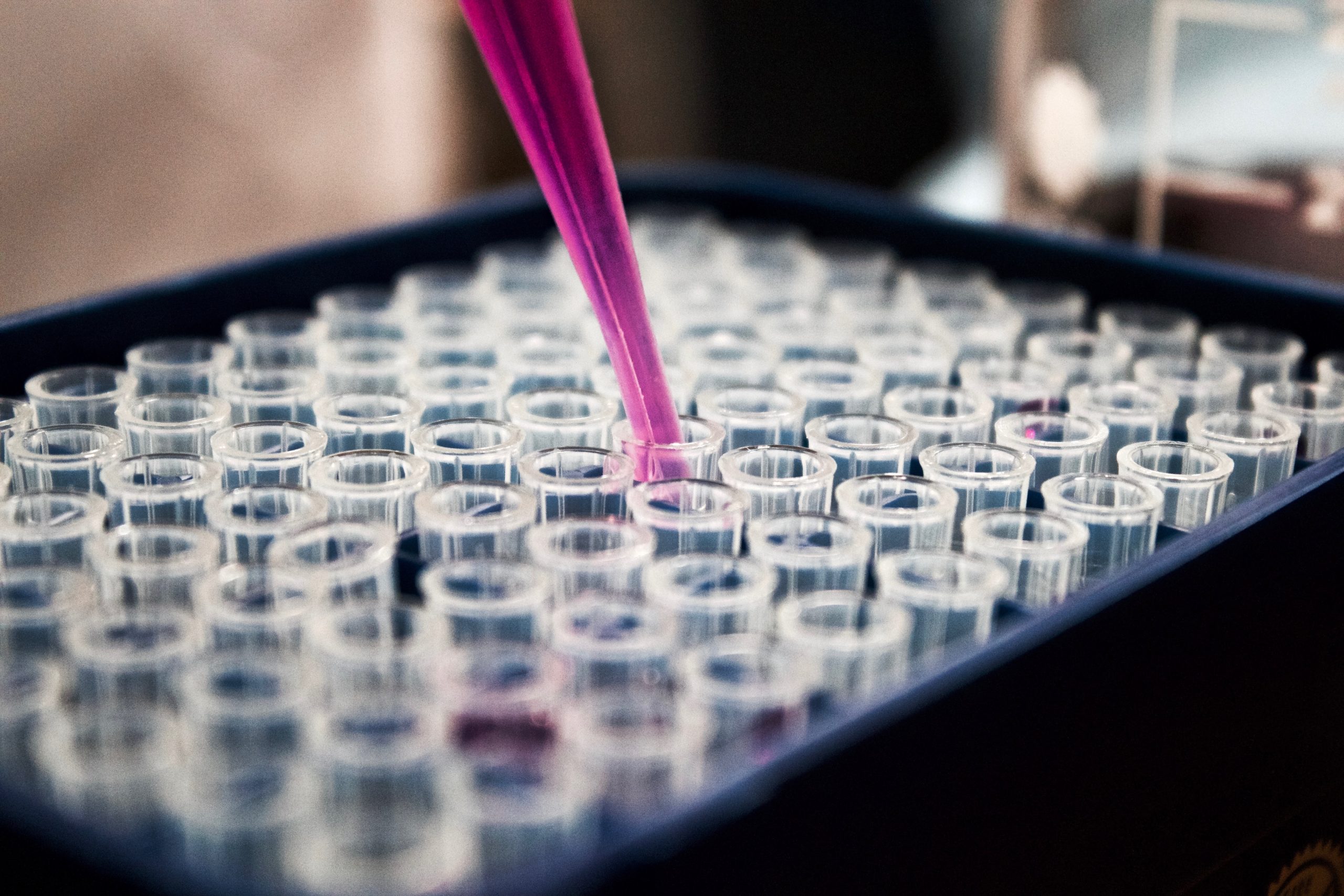Share this:

MERCK’S OWN VIROLOGISTS ACCUSE IT OF FRAUD
Thank you for the opportunity to speak regarding the efficacy of the mumps vaccine at the Advisory Committee on Immunization Practices (ACIP) meeting held on June 20, 2018.
As a follow-up to a three minute speech given by Del Bigtree to CDC’s Advisory Committee on Immunization Practices (ACIP) on June 20, 2018, ICAN sent a letter to ACIP concerning a civil lawsuit filed against Merck & Co. (Merck) that every member of ACIP should be aware of when considering the efficacy of the mumps vaccine.
Attached as Exhibit A to that letter was a copy of the Amended Complaint in United States of America et al. v. Merck & Co., Inc., Case No. 10-4373, dated April 27, 2012, filed in Federal Court. In that document, the plaintiffs, the United States of America and two former Merck virologists, describe “Merck’s efforts for more than a decade to defraud the United States through Merck’s ongoing scheme to sell the government a mumps vaccine that is … falsely certified as having an efficacy rate that is significantly higher than it actually is.”
As detailed in the Amended Complaint, Merck obtained a license for its mumps vaccine in 1967 and is the only company to ever obtain a license for a mumps vaccine in the United States. In the late 1990s, in order to obtain approval for ProQuad in the U.S. and Europe, Merck needed to reconfirm its claims of efficacy for its mumps vaccine made thirty years prior. Merck’s virologists working on testing the efficacy of the mumps vaccine revealed that after Merck could not demonstrate a 95 percent efficacy for its mumps vaccine, the results were simply fraudulently falsified to achieve this result.
As explained by Merck’s virologists, Merck took blood samples pre-vaccinated with the mumps vaccine and then exposed them to the mumps virus. When a test against a live strain of mumps would not yield a 95 percent efficacy, Merck tried to improperly obtain this rate using an attenuated strain of the mumps virus. When this still would not achieve 95 percent efficacy, Merck tried different virus dilutions, different straining procedure, and even more liberal antibody counting techniques. The Merck lab even improperly added animal antibodies to the blood samples and still could not achieve a 95 percent efficacy rate. When it was clear that even improper testing techniques could not produce the desired result, the test reports were simply falsified. According to the Merck virologists, to document the desired efficacy rate, Merck destroyed result sheets and falsified various documents. The Merck virologists claim this fraud was done with the direct authority and approval of Merck’s senior management.
Attached as Exhibit B to that letter was s a copy of the Amended Memorandum and Order of the Court, dated September 5, 2014, denying Merck & Co.’s motion to dismiss the Amended Complaint.
Attached as Exhibit C to that letter was a copy of the Docket Report, dated July 13, 2018, for this lawsuit which reflects that Merck & Co. has filed every document related to the mumps efficacy under seal – see yellow highlighting. It was respectfully suggested that ACIP request copies of these documents so that it can directly further assess the actual efficacy rate of the mumps vaccine. Understanding same would appear critical to ACIP’s mission.
